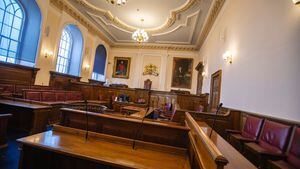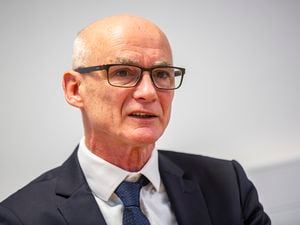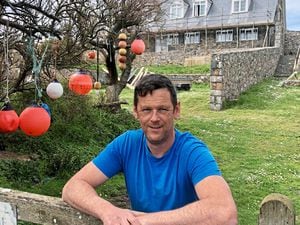Parliamentary behaviour to be at centre of induction events
Deputies are to receive more guidance about how to behave.

The States Assembly & Constitution Committee has agreed to put behaviour at the centre of induction events which will be made available to all States members immediately after next year’s general election.
The recently-appointed commissioner for standards, Dr Melissa McCullough, will be involved in the induction process.
And additional advice on behaviour will also be circulated to supplement the members’ code of conduct.
‘We are looking at explaining more about appropriate behaviour and offering more training on that as part of the induction process,’ said Sacc president Carl Meerveld.
‘The commissioner will make a presentation and offer briefings to deputies about how to behave if they want to avoid having to see her again during their term.’
At its recent committee meeting, Sacc discussed members’ behaviour with Women in Public Life chairwoman Shelaine Green. She had asked Dr McCullough to look into claims of misbehaviour and misconduct levelled at a small number of deputies during a motion of no confidence debate in the former Policy & Resources Committee.
The States is due at its meeting this week to debate proposals to change wording of the members’ code of conduct which relates to behaviour.
Sacc has also elected its newest member as the committee’s vice-president.
Deputy Gavin St Pier has taken over the role from Deputy Lester Queripel, who resigned as a member of Sacc late last year.
There has been speculation that Deputy John Gollop would also resign as a member of Sacc following his recent election as a member of the new P&R.
‘John is inclined to stay and we are inclined to keep him,’ said Deputy Meerveld.
‘Sacc is a parliamentary committee, not a policy-making committee, and there is no conflict with John serving on P&R and Sacc, which is why the rules clearly allow it.
‘We don’t need the disruption of losing him as a member when we are already working on preparations for the general election.
‘He is insightful and has an encyclopaedic knowledge of the States.’
The committee would like to review the make-up of the States of Election, which includes jurats, deputies, douzeniers and parish rectors, and meets to elect jurats.
But Deputy Meerveld said that lack of staff resources would probably prevent his committee from finalising reform proposals before the States term ends in June next year.





